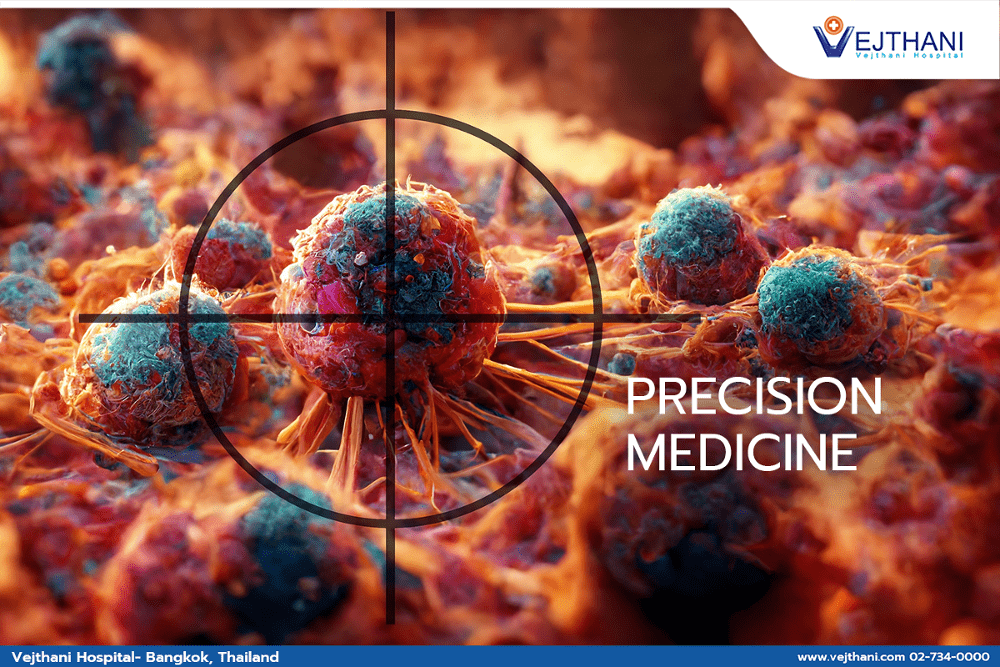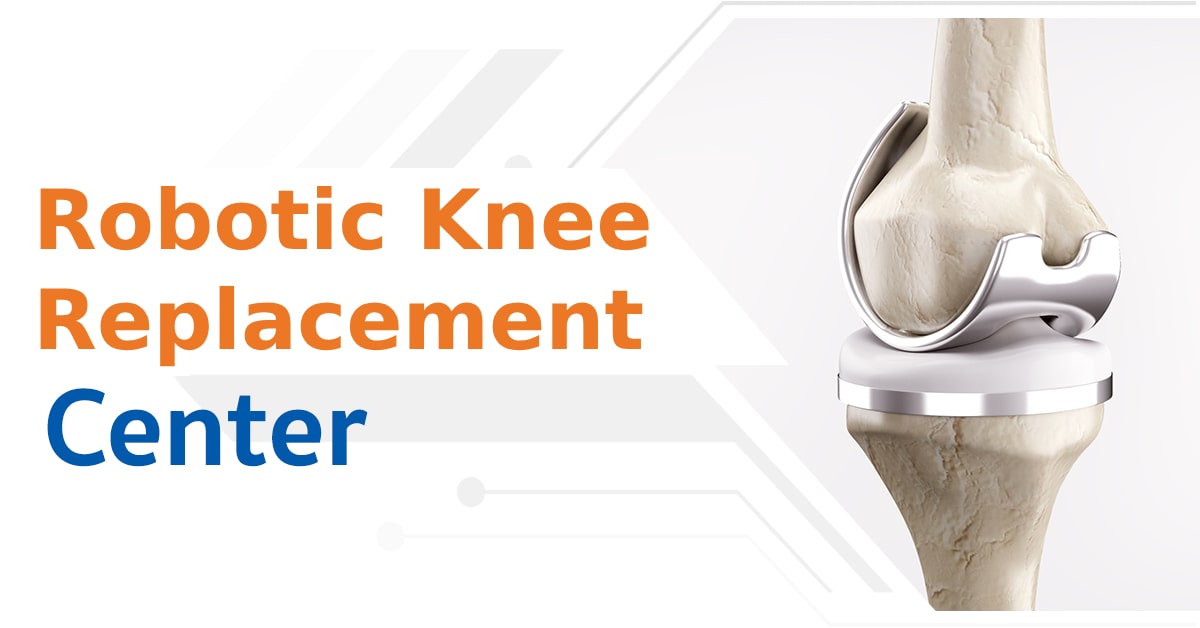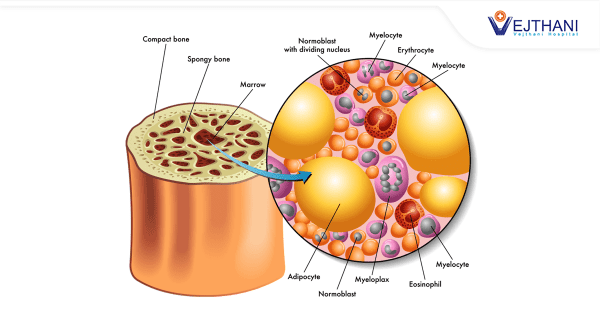

Precision medicine is a technological breakthrough in the medical field. The approach is designed to change the concept of using one kind of medication to treat a disease in all patients. Research has found that personalized medicine that are created based on patients’ particular genes, proteins, and other substances in their bodies have better response to treatments than traditional medicine. Precision medicine is an innovative approach to prevent and treat diseases by taking each individual’s lifestyles, environments and biology into account.
Traditional medicine for cancer treatment involves chemotherapy, surgery radiation therapy, targeted therapy, immunotherapy and hormonal therapy. These types of treatments use symptoms of the patients to diagnose the disease.
When conducting a treatment plan in precision medicine, the data collected from lab tests are used in customized recommendations for patients. Precision medicine can facilitate in making more accurate diagnosis and better treatment results in certain patients. It can also guide people who are obtaining healthy habits, to undergo early screening tests, which may lower the risks of developing certain cancers.
Precision medicine looks into patients’ genetic sequences, genomic, DNA, or the results of molecular testing. Obtaining biomarkers and a genetic profile provide data for doctors to choose the treatment method that will work best for the patient. This is the new paradigm of cancer classification that primarily discovers the impacts of changes in genes and proteins that exist in the cells.
Genes are defined as units of heredity that are pieces of DNA consist in each cell. They instruct the cells to produce proteins through certain codes and each protein has a particular role in the cell.
When the cells multiply themselves, the genes inside them are copied. Changes in a gene is known as variant or mutation. It occurs when there’s a mistake during the copying process. Changes in inherited-genes occur from the parents, the root of our DNA. However, gene changes are not always inherited. It can appear later in life, which is known as acquired gene changes. Changes in genes are not always harmful.
Cancers happen because of some kind of changes in the gene. Abnormal changes in normal cells turn them into cancer cells. Genes that generally contribute in keeping normal cells from growing out of control could be interrupted or genes that help cells to grow and multiply themselves may get turned on at all times.
However, cancer does not occur from a change in a single gene. Multiple genes mutation causes cancer. Only certain genes and mutations are known to doctors and can be tested.
Precision medicine can be used to determine the people who could be at high risk for cancer and help them in reducing the risks. Some particular cancers can be detected early with this innovative approach. In addition to these, a correct diagnosis of a particular cancer type can be made and it allows doctors to choose the best cancer treatment option for each patient. An essential advantage of precision treatment is, it can evaluate the efficacy of the treatment during the on-going process.
Visit Vejthani Cancer Center
- Readers Rating
- Rated 4.9 stars
4.9 / 5 ( Reviewers) - Spectacular
- Your Rating

























